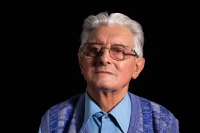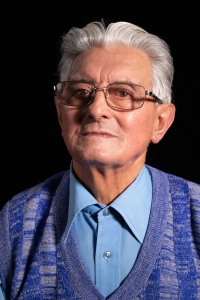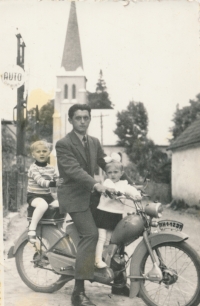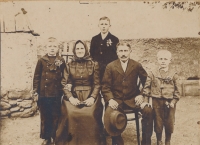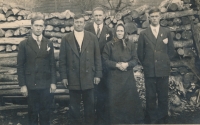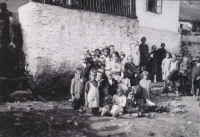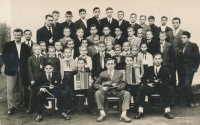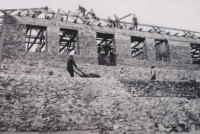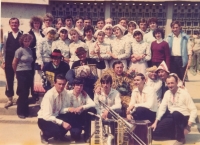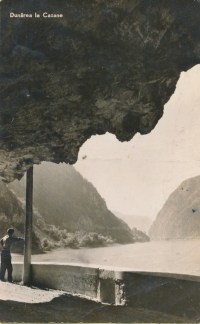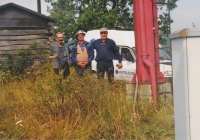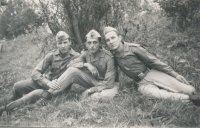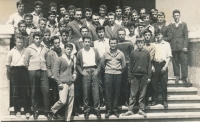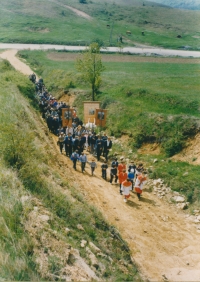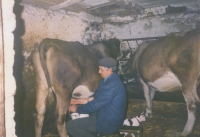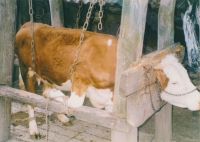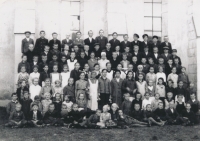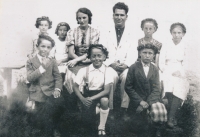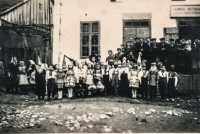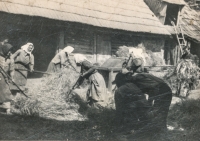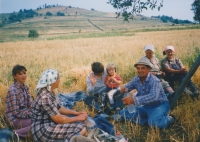The Czech land is our old homeland
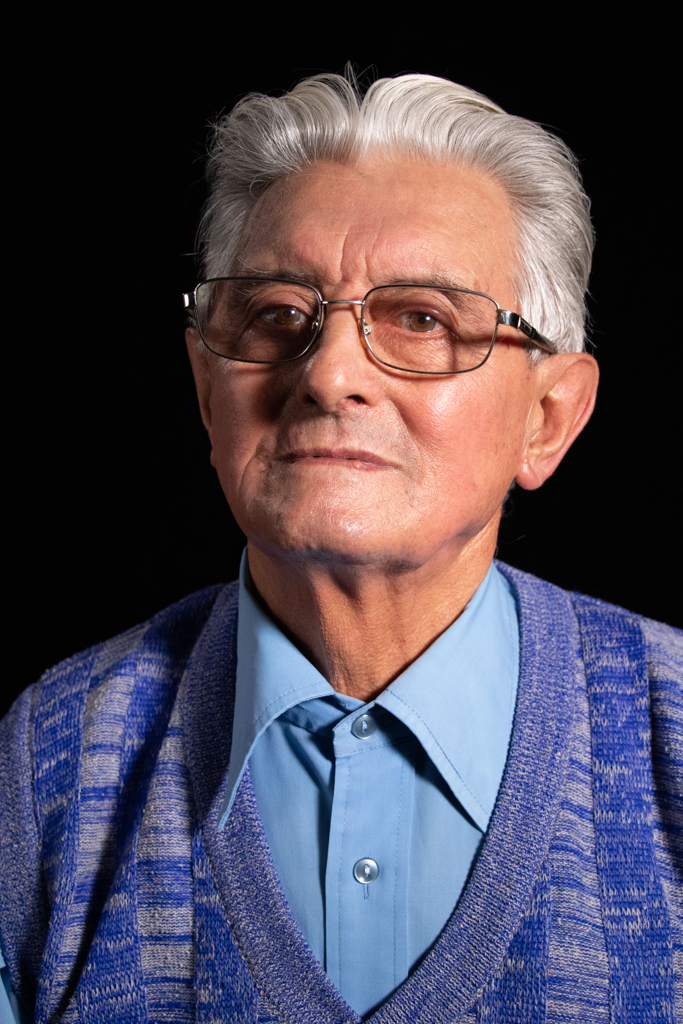
Download image
Josef Nedvěd was born on 7 September 1944 in the Czech village of Eibenthal in Romanian Banat. His father worked as a miner in the local mines and due to the dusty environment he had to be treated for asbestosis. From his childhood this witness, together with his sister, helped out on their home farm. In Eibenthal, he completed seven grades of school and then learned to be an electrician at the Anina Miner’s Trade School, after which he and the other apprentices had a place ensured in the anthracite mines, where he worked between 1946–1994. After retirement he became Secretary of the local Democratic Association of Czechs and Slovaks for several years. His son left for Bohemia with his family in 1993, where he remains to this day. At the time of recording the witness lived in Eibenthal (October 2022).
